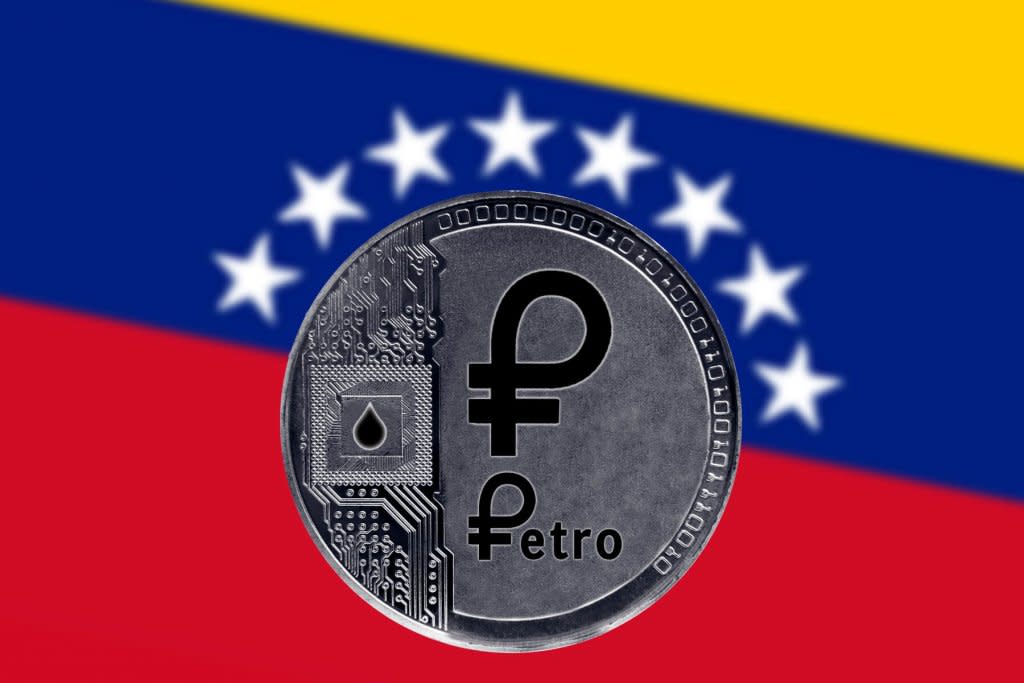
Venezuela Shuts Down Petro Cryptocurrency After Six Years
Venezuela’s ambitious venture into the world of cryptocurrency has come to a disappointing end with the shutdown of the Petro. Launched in 2018, the Petro was intended to serve as a state-backed digital currency that would help the country navigate through economic turmoil and circumvent international sanctions. However, after six years of struggle and controversy, the Petro has ultimately fallen short of its lofty goals.
From the very beginning, the Petro faced skepticism and doubts from both domestic and international observers. Many questioned the Venezuelan government’s ability to effectively manage a digital currency, given its track record of economic mismanagement and corruption. Moreover, concerns were raised about the lack of transparency and regulatory clarity surrounding the project.
One of the key selling points of the Petro was its supposed backing by Venezuelan oil reserves. Each Petro token was meant to be pegged to the value of one barrel of oil, providing a sense of stability and intrinsic value. However, critics argued that this claim was dubious at best, as there was no clear mechanism in place to ensure the proper management and valuation of the oil reserves.
As time went on, these concerns were exacerbated by the Petro’s lack of adoption and credibility. Despite the government’s efforts to promote the cryptocurrency, it failed to gain significant traction among businesses and consumers, both within and outside of Venezuela. Many potential investors were deterred by the lack of trust in the government and the volatile nature of the Petro’s value.
Furthermore, the Petro faced significant challenges on the international stage. As Venezuela became subject to increasingly stringent sanctions, the cryptocurrency was effectively cut off from the global financial system. This further hindered its adoption and limited its potential for international trade and investment.
The final blow to the Petro came with the announcement on January 15th of its shutdown. This decision, while not entirely unexpected, marked the end of a turbulent chapter in Venezuela’s economic history. The government cited the need to address issues related to the cryptocurrency’s management and regulatory framework as the reason for its closure.
Looking ahead, the demise of the Petro serves as a valuable lesson for other countries considering similar ventures. It underscores the importance of strong regulatory frameworks, transparency, and credibility in the world of digital currencies. While the concept of a state-backed cryptocurrency has potential, it requires meticulous planning and execution to succeed.





